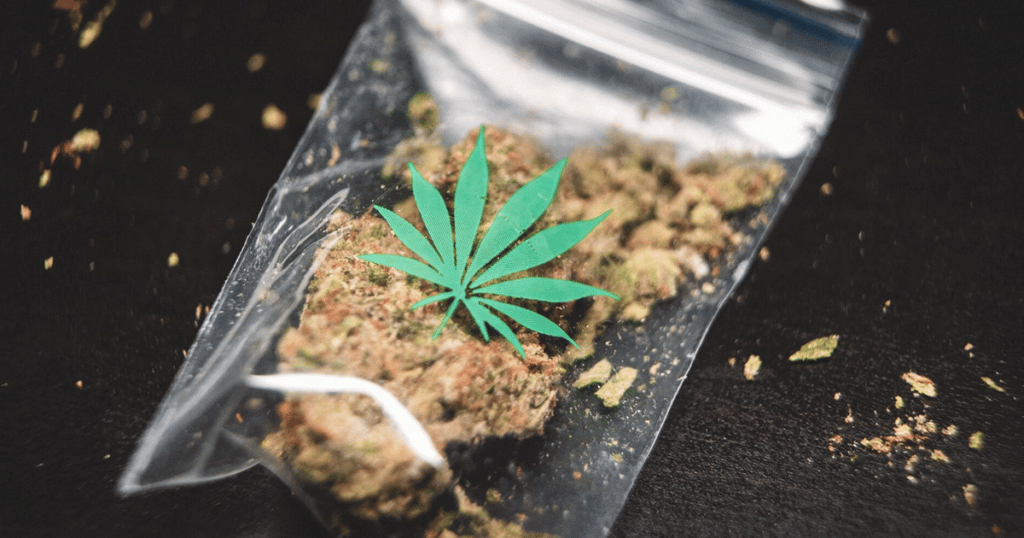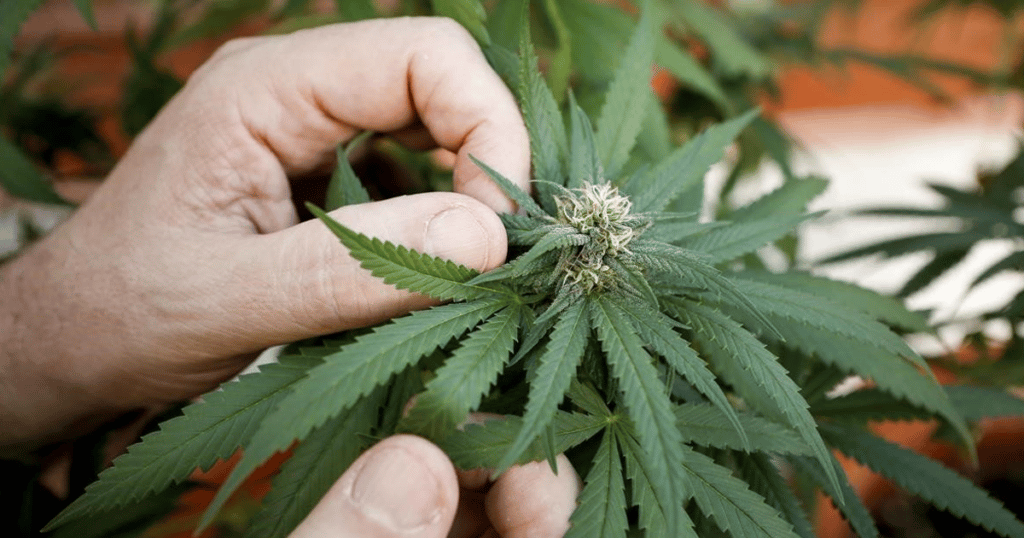With the annual sale of marijuana slated to exceed the $1 billion mark by 2023 and double again by 2026, is it any wonder that the government has decided to clamp down on the cannabis community? The large number of so-called trap shops in existence certainly poses a regulatory challenge. However, it would be an overgeneralization for the Office of Cannabis Management to unilaterally state that all of these stores “falsely depict their operations as legal, but they are not licensed by New York State and are selling untested products that put public health at risk.” Some officials still consider it a gray area.
Since this is a regulatory issue, New York regulators should instead focus on bringing these shops into the legal cannabis community framework instead of trying to police them, which is virtually impossible at this point.
The Cannabis Community Up In Arms
Consider the fact that California has been plagued with this same issue since 2018 and that in Los Angeles, when owners are forced to close down shop, they simply move down the street. Now, rewind back to 2016 when Proposition 64 was signed into law and allowed for the cannabis community to be held accountable for the legal trade of its products.
This move was intended to curb the progress of the illicit market and protect public health, as opposed to raising tax revenue. But with the legal trade in its infancy, it is already on the brink of collapse due to unfettered production, excessive taxation and lack of retail outlets.
Factor in the local cultivation, manufacturing, processing, distribution and retail taxes and this quickly becomes an untenable situation and impractical exercise for any small business owner.

Potential Saving Grace
It may all just come down to perception, as stated by the lieutenant governor who supported Proposition 64, saying, “it is also my goal to get these municipalities to wake up to the opportunities to get rid of the illegal market, the illicit market, and provide support in a regulatory framework for the legal market.” Having launched his 2022-23 budget proposal at the start of the year, the lieutenant governor made it clear that he intends to support tax reform for the cannabis community in cooperation with the Legislature to devise sustainable policy solutions.
This presents a potential boon to individuals like Happy Day Farms owner and operator Casey O’Neill, who endured a law enforcement raid back in 1985. For a measly 30 plants, O’Neill’s pregnant mother fled in terror with him and his brother to the safety of a nearby creek bed. This trauma has shaped his childhood and continues to affect him to this day.
Three decades on and O’Neill reflects on the prohibitionist attitudes of his childhood and the excessive regulatory practices plaguing the legal cannabis market today. With high taxes creating such a huge barrier to entry, it makes it almost impossible for budding entrepreneurs to start a business in this lucrative industry that could benefit the community around them, as it is still reeling from the war on drugs.

By clamping down on trap shops, New York regulators are doing more harm than good. Instead of punishing entrepreneurs for doing what they do best, a supportive structure should be created to bring the cannabis community into a fair legal framework.
This would have a significant upside that would not only benefit those involved in parallel industries but effectively contribute to the GDP. It’s just a matter of realizing that ending the illicit market should be kept front of mind.
“Enjoyed that first hit? Come chill with us every week at the Friday Sesh for a freshly packed bowl of the week’s best cannabis news!”
















